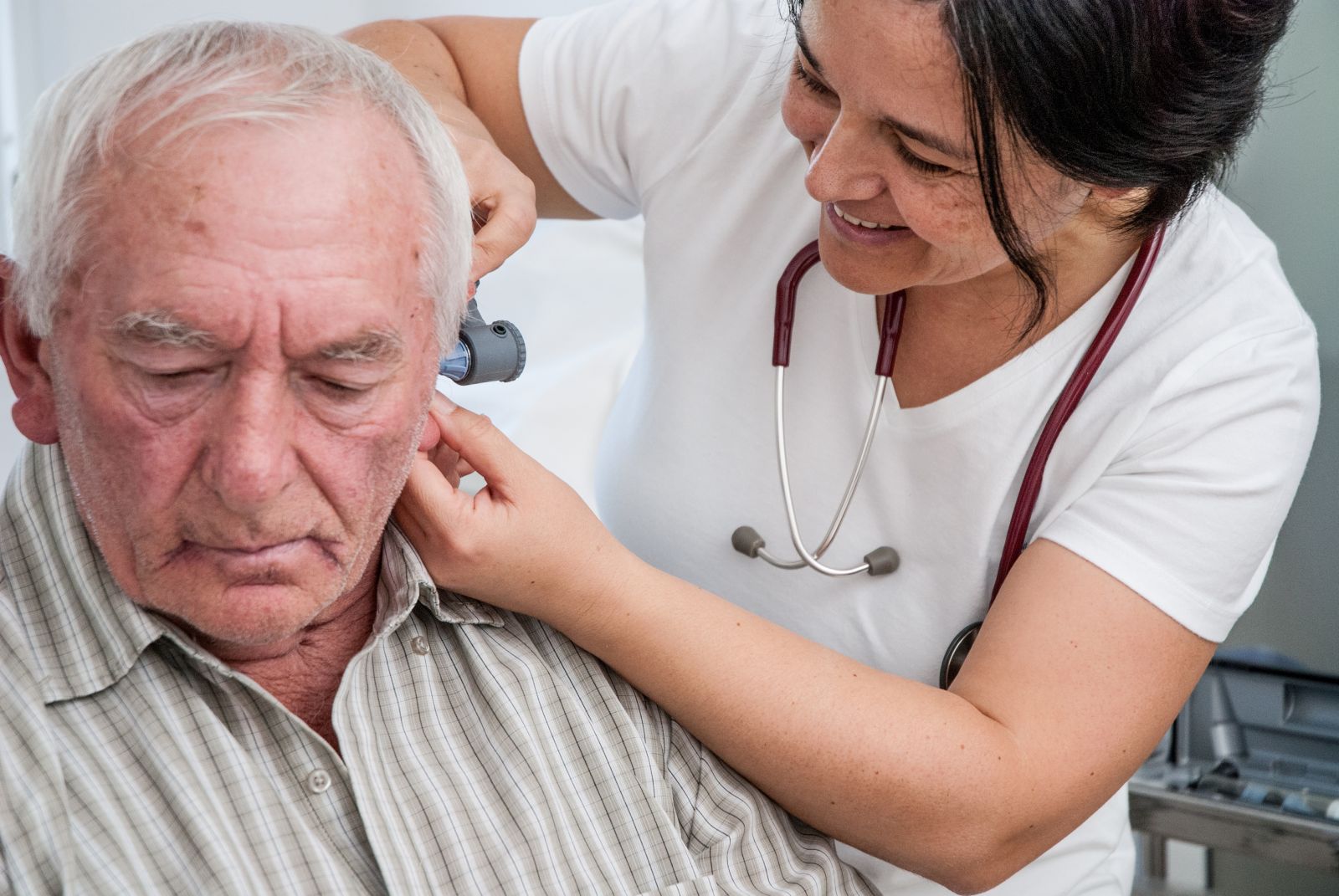Pain or discomfort, Pounding heart (pulse), Pressure or heaviness, Shortness of breath: Pain or discomfort (Chest), Pain or discomfort (Back), Pounding heart (pulse), Rapid heart rate (pulse) Feeling of not being able to get enough air, Labored breathing, Palpitations (fluttering in chest), Pounding heart (pulse). Throbbing heart beats in head Pressure at back of head Whats the use of beta blockers like tenolol. Can it be used as anti anxiety Strange 'crackling' sounds/sensation at the base o Painful Throbbing Pulsing Neck and Throat for the past week i have been suffeing from pressure on the top of my head, which moves to the back of my head. It depends on what you mean by “feel”. If you mean “If I use my fingertips to touch myself at a pressure point (groin, for example), is it possible to feel my pulse?” then the answer is definitely “Yes”. If you mean “If I lay down quietly (but wit. Lumbar disease that can cause throbbing lower back pain include lumbar disc disease or radiculopathy, inflammation of lumbar nerves due to viral infection, or bony encroachment. Sometimes, the reason may differ for right side and left side throbbing lower back pain.
Medically reviewed by: Marilyn Folk, BScN.
Last updated: February 9, 2021
Pulsing or throbbing muscles, Pulsing or throbbing sensation descriptions:

- You may feel a pulsing sensation in one or more muscles or groups of muscles, or parts of the body.
- This pulsing throbbing feeling can be a slow, mild, rhythmic pulsing or throbbing, or may feel like a rapid gentle tremor-like sensation, or a combination of these sensations.
- This pulsing throbbing feeling may be visible to the eye, or not visible at all.
Throbbing Heartbeat In My Back Side
This pulsing throbbing feeling can persistently affect one area only, can shift and affect another area or areas, and can migrate all over and affect many areas over and over again.
This pulsing throbbing feeling can come and go rarely, occur frequently, or persist indefinitely. For example, you may feel a pulsing throbbing feeling once in a while and not that often, feel it off and on, or feel it all the time.
This pulsing throbbing feeling may precede, accompany, or follow an escalation of other anxiety sensations and symptoms, or occur by itself.
This pulsing throbbing feeling can precede, accompany, or follow an episode of nervousness, anxiety, fear, and elevated stress, or occur ‘out of the blue’ and for no apparent reason.

This pulsing throbbing feeling can range in intensity from slight, to moderate, to severe. It can also come in waves, where it’s strong one moment and eases off the next.
This pulsing throbbing feeling can change from day to day, and/or from moment to moment.
All of the above combinations and variations are common.
This pulsing throbbing sensation can be more noticeable when resting, relaxing, or when trying to go to sleep.
Advertisement - Article Continues Below

What causes the anxiety symptom pulsing throbbing sensation?
Anxiety causes the body to produce the stress response (also known as the fight or flight response). The stress response adversely affects the body's nervous system, which is responsible for the nerve impulses that cause muscle movements. When the nervous system becomes overly stressed, it can act in erratic and more involuntary ways. Experiencing pulsing throbbing muscles and/or muscle groups is an example of this erratic and more involuntary behavior.
How to get rid of the anxiety symptom?
Because this symptom is just a symptom of elevated stress, it needn't be a cause for concern. It's not dangerous and is generally not an indication of something more serious. This pulsing throbbing sensation will subside when you reduce your body's stress and give your body ample time to calm down. As your body's stress returns to a normal level, symptoms of stress subside, including the pulsing throbbing anxiety symptom. Therefore, this anxiety symptom needn't be a cause for concern.
For a more detailed explanation about all anxiety symptoms, why symptoms can persist long after the stress response has ended, common barriers to recovery and symptom elimination, and more recovery strategies and tips, we have many chapters that address this information in the Recovery Support area of our website.
The combination of good self-help information and working with an experienced anxiety disorder therapist is the most effective way to address anxiety disorder and its many symptoms. Until the core causes of anxiety are addressed - the underlying factors that motivate apprehensive behavior - a struggle with anxiety disorder can return again and again. Identifying and successfully addressing anxiety's underlying factors is the best way to overcome problematic anxiety.
Additional Resources:
- For a comprehensive list of Anxiety Disorders Symptoms Signs, Types, Causes, Diagnosis, and Treatment.
- Anxiety and panic attacks symptoms can be powerful experiences. Find out what they are and how to stop them.
- Free online anxiety tests to screen for anxiety. Two minute tests with instant results. Such as:
- Anxiety 101 is a summarized description of anxiety, anxiety disorder, and how to overcome it.
Return to Anxiety Disorders Symptoms section.
anxietycentre.com: Information, support, and therapy for anxiety disorder and its symptoms, including the anxiety symptom pulsing throbbing.
Connect With Us On:
Advertisement
My Lower Back Is Throbbing
Muscle Throbbing In Back

Why Does It Feel Like I Have A Heartbeat In My Back
Advertisement
Throbbing Heartbeat In Ear
